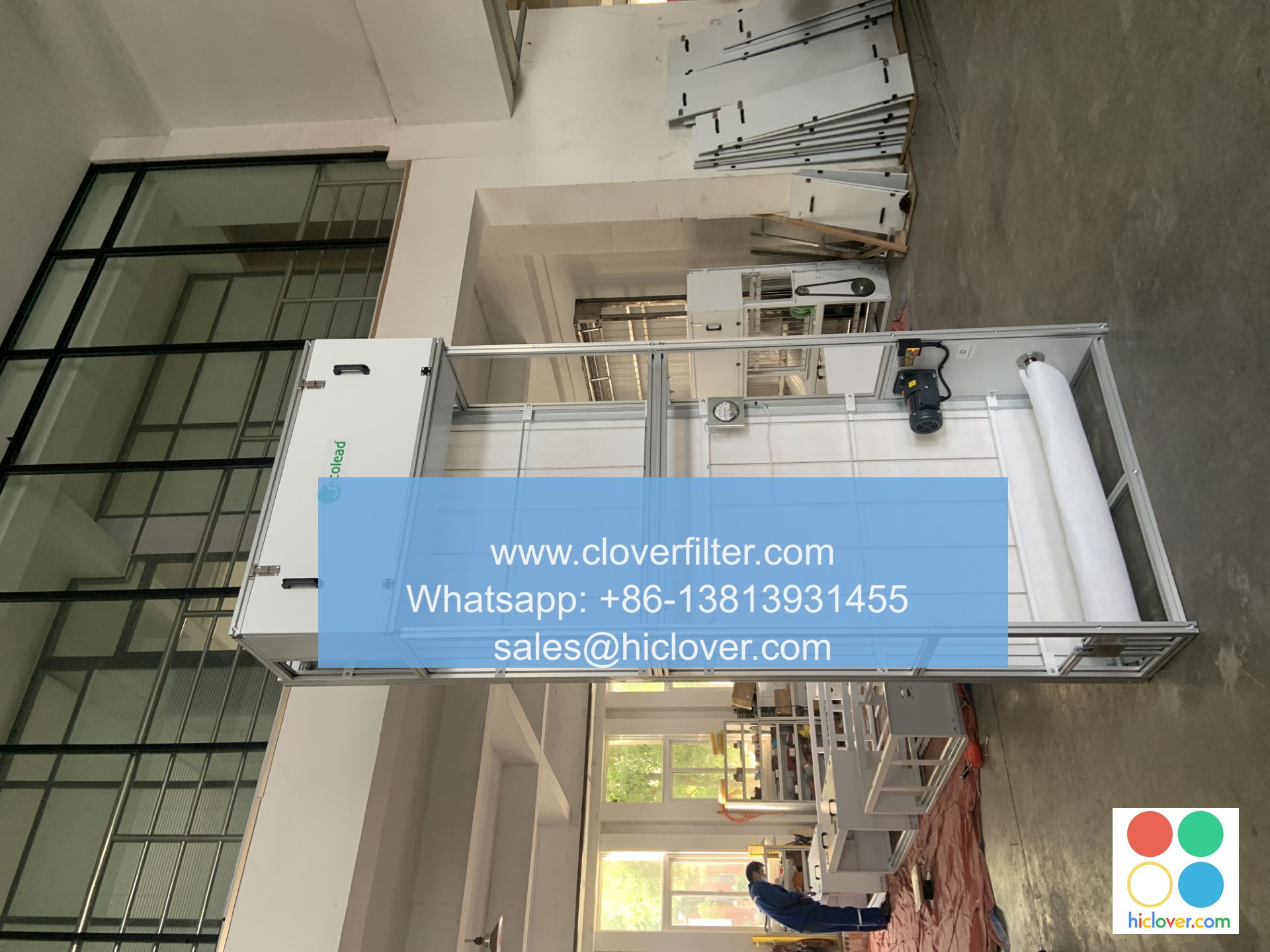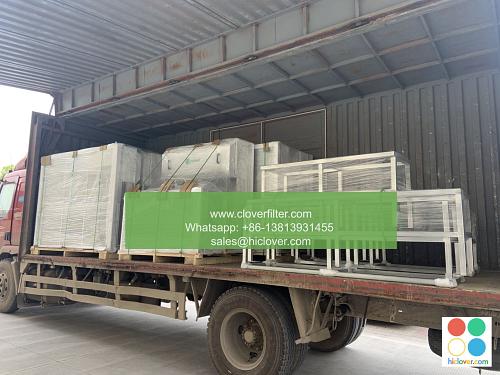The Role of Air Filters in Reducing Respiratory Problems

Air filters play a crucial role in reducing respiratory problems by removing airborne pollutants, allergens, and irritants from the air. The use of air filters is essential in maintaining good indoor air quality, which is vital for people suffering from respiratory diseases such as asthma, chronic obstructive pulmonary disease (COPD), and other breathing difficulties. In this article, we will discuss the importance of air filters in reducing respiratory problems, highlighting various application areas, and exploring the benefits of using high-efficiency particulate air (HEPA) filters, activated carbon filters, and ultraviolet (UV) light air purifiers.
Indoor Air Pollution and Respiratory Problems
Indoor air pollution is a significant concern, as it can exacerbate respiratory problems and trigger allergic reactions. Common indoor air pollutants include particulate matter (PM), nitrogen dioxide (NO2), ozone (O3), and volatile organic compounds (VOCs). These pollutants can come from various sources, including tobacco smoke, cooking fumes, pet dander, and mold growth. Air filters can help remove these pollutants, creating a healthier indoor environment and reducing the risk of respiratory problems.
Application Areas for Air Filters
Air filters have various application areas, including:
* Residential air filtration systems: Whole-house air filtration systems can be installed in homes to remove airborne pollutants and allergens.
* Commercial air purification systems: Air filters are used in commercial buildings, such as offices, schools, and hospitals, to maintain good indoor air quality and reduce the risk of respiratory problems.
* Industrial air filtration systems: Air filters are used in industrial settings, such as manufacturing facilities and warehouses, to remove airborne pollutants and particles.
* Portable air purifiers: Portable air purifiers are compact devices that can be used in small spaces, such as bedrooms or offices, to remove airborne pollutants and allergens.
Types of Air Filters and Their Benefits
There are several types of air filters available, each with its own benefits and advantages. Some of the most common types of air filters include:
* HEPA filters: HEPA filters are designed to capture 99.97% of particles as small as 0.3 microns, making them effective against dust, pollen, and other allergens.
* Activated carbon filters: Activated carbon filters are designed to capture gases and odors, making them effective against VOCs and other airborne pollutants.
* UV light air purifiers: UV light air purifiers use ultraviolet light to kill bacteria, viruses, and other microorganisms, making them effective against airborne pathogens.
Conclusion
In conclusion, air filters play a vital role in reducing respiratory problems by removing airborne pollutants, allergens, and irritants from the air. The use of air filters is essential in maintaining good indoor air quality, which is vital for people suffering from respiratory diseases. By highlighting various application areas and exploring the benefits of using different types of air filters, we can see the importance of air filtration in reducing respiratory problems and creating a healthier indoor environment. Whether you’re looking to improve the air quality in your home, office, or industrial setting, air filters are an effective solution for reducing respiratory problems and promoting better health. You haven’t asked a question or provided any context. What would you like to talk about or ask?

